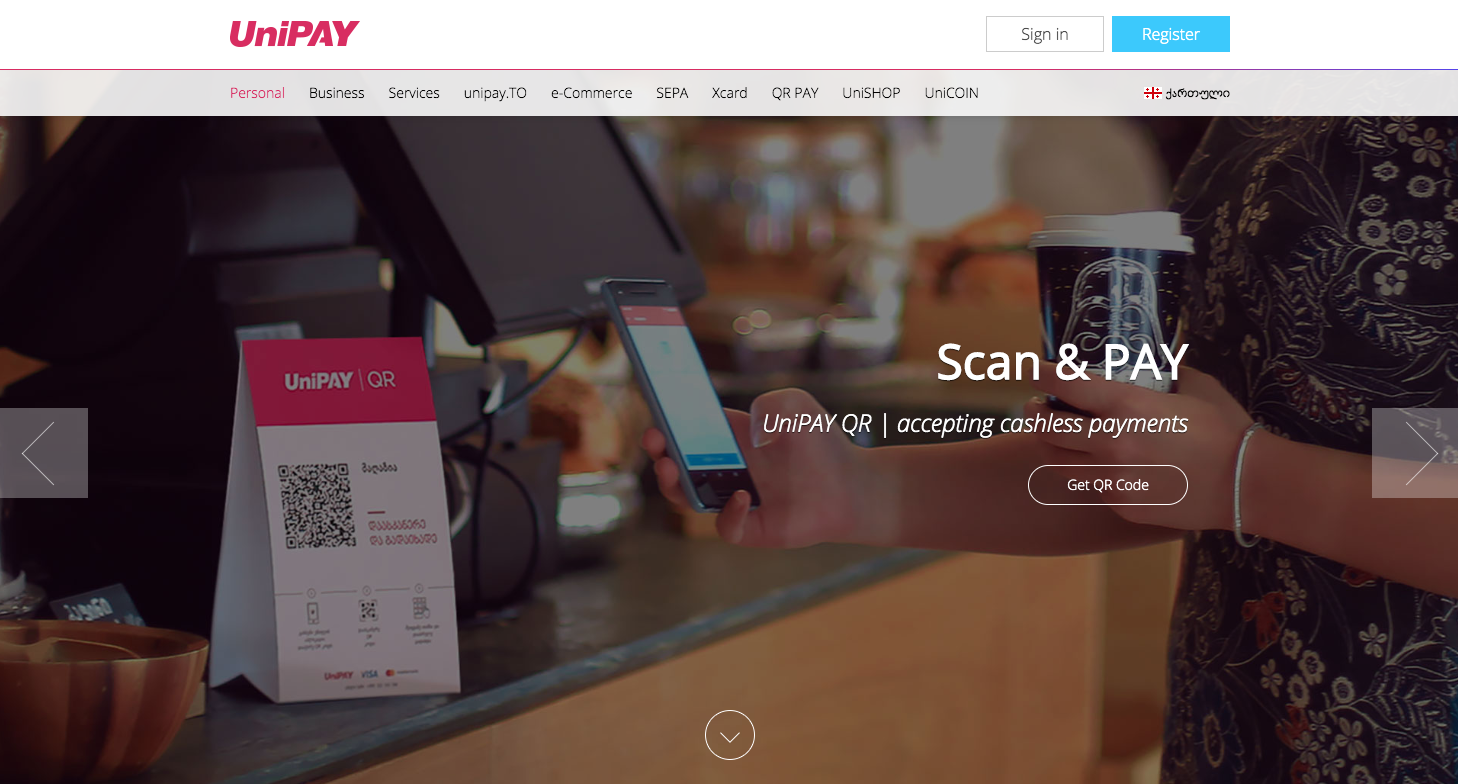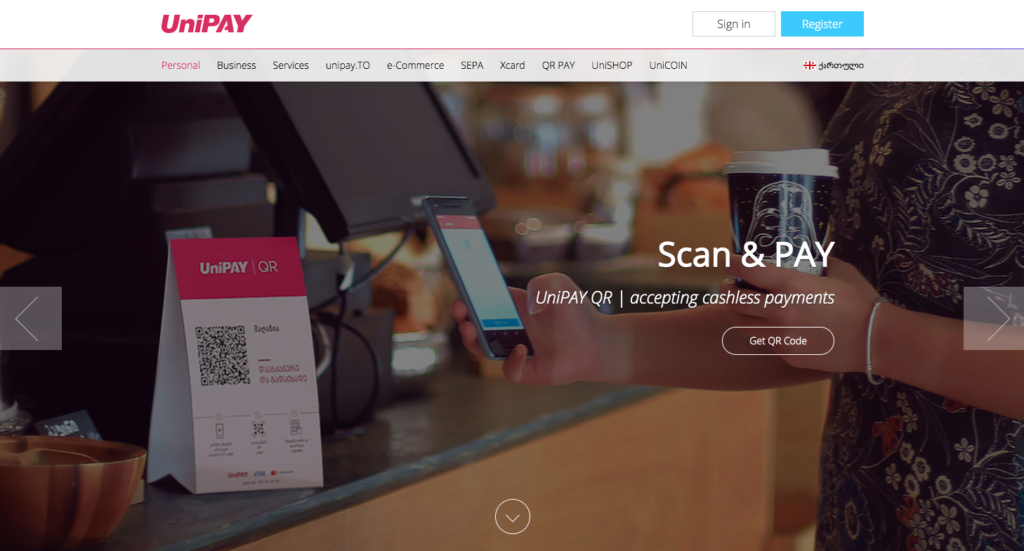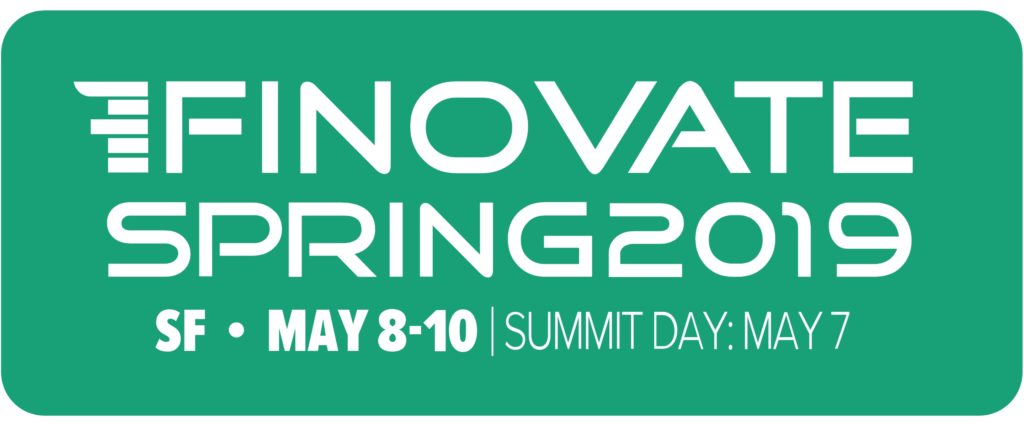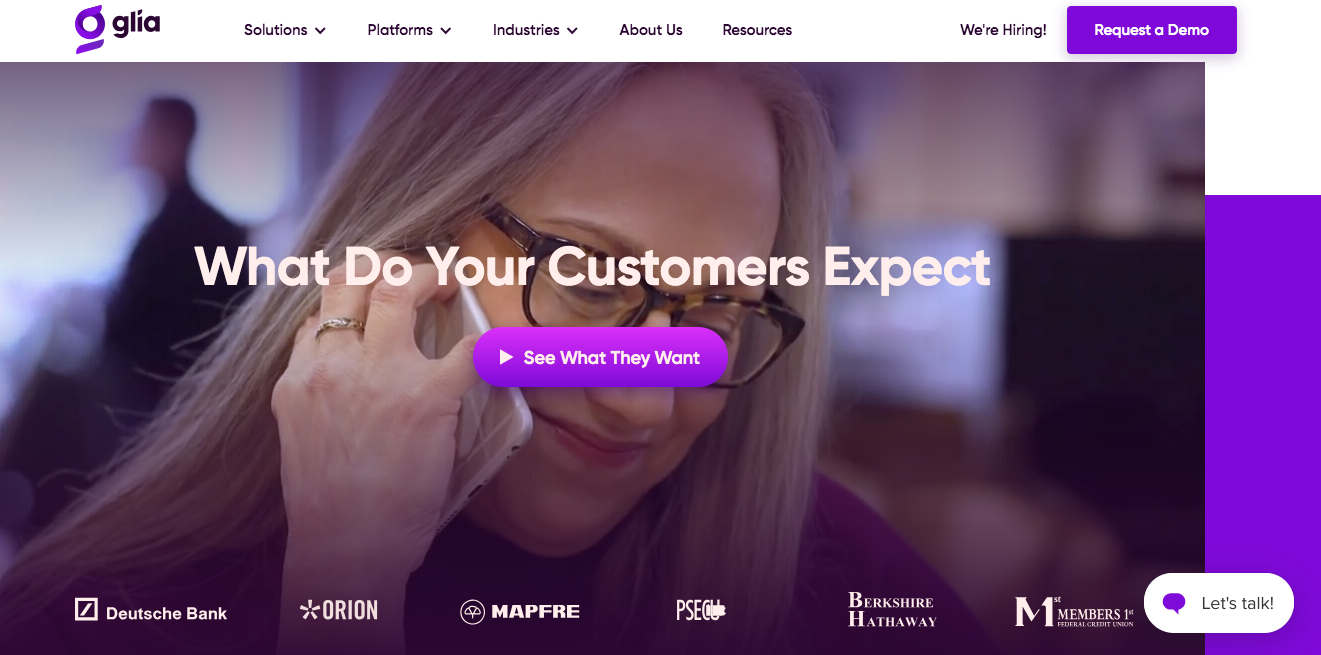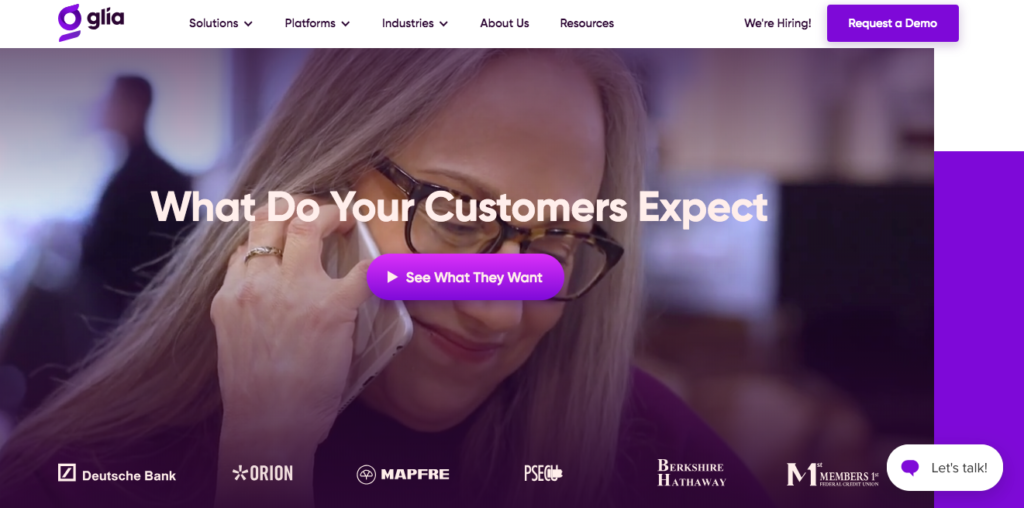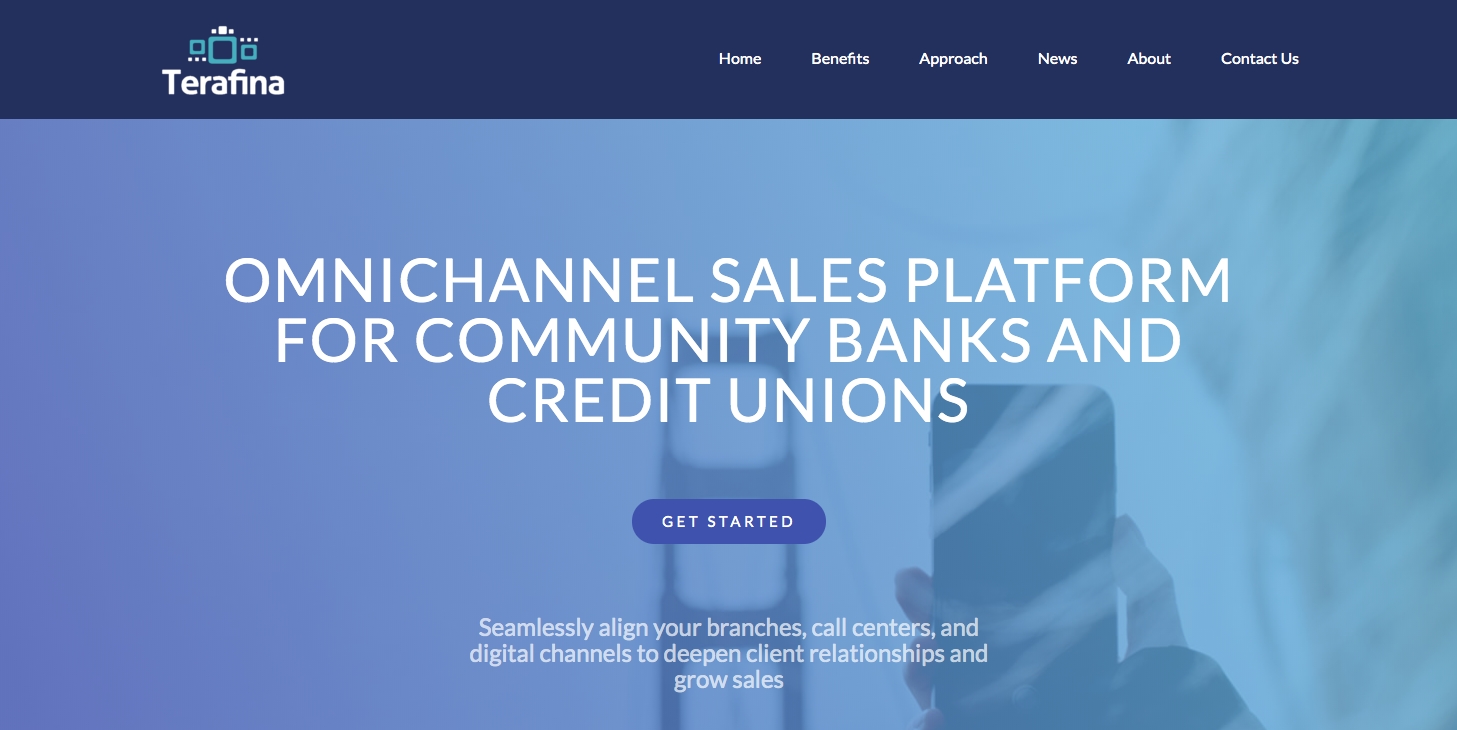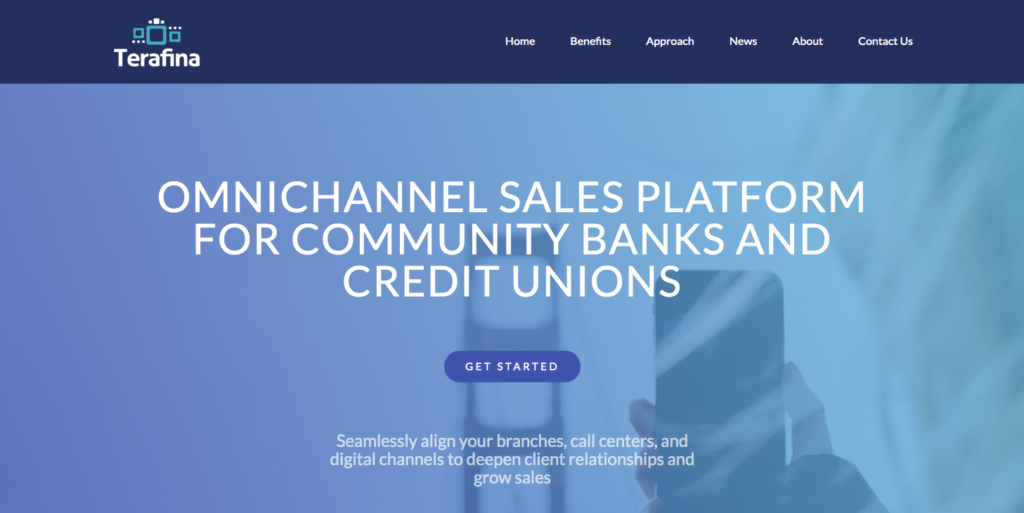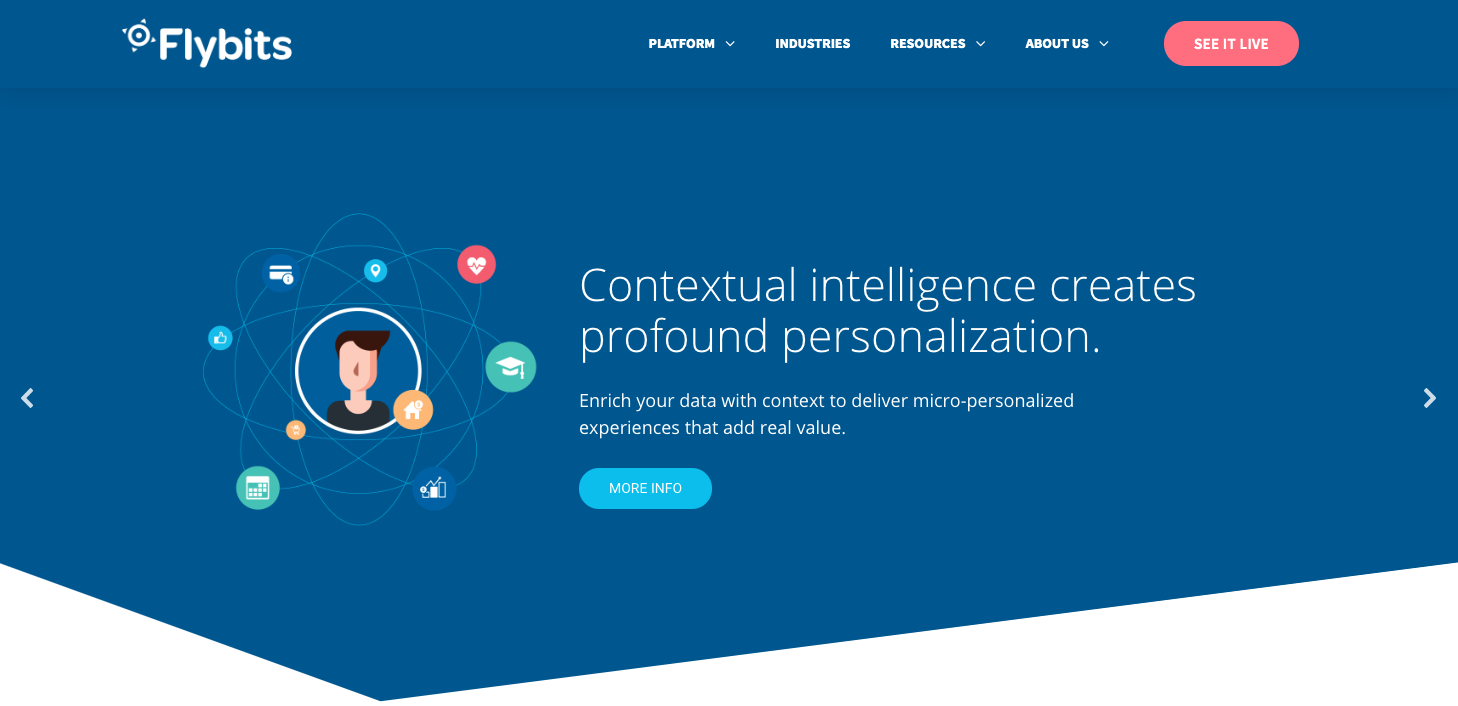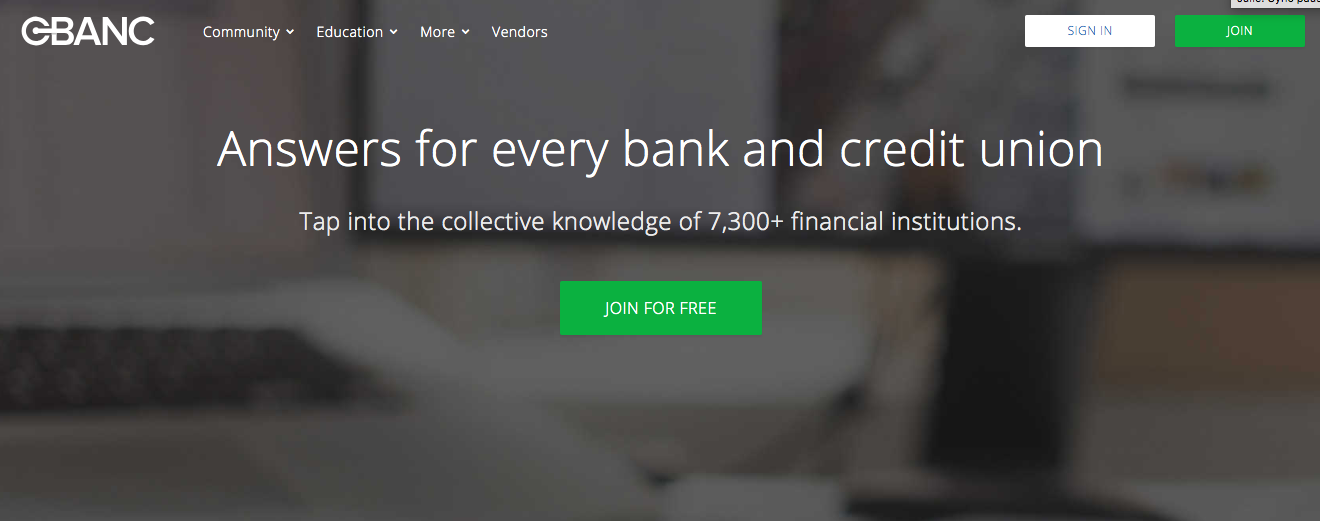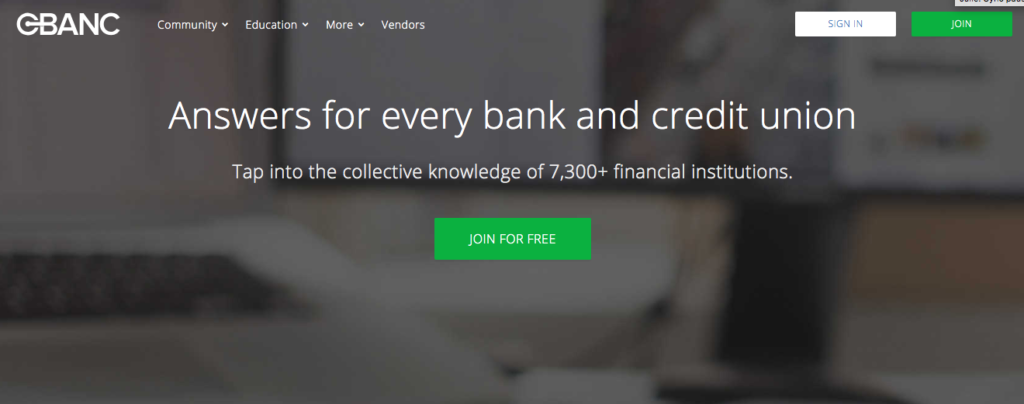
First Hawaiian is changing core systems but staying within the FIS camp. It has used the supplier’s mainframe-based Systematics for many years and has opted for the same supplier’s IBS core platform as the replacement, reports Martin Whybrow of Fintech Futures (Finovate’s sister publication).
The project includes FIS’s Digital One omni-channel platform at the front-end. Another component is FIS’s Code Connect API layer for connectivity.
The choice of core system and channel solutions comes despite the bank signing in 2015 with FIS’s fellow U.S. heavyweight competitor, Fiserv, for a range of front-end systems. These included Fiserv’s Corillian Online for online banking, Mobiliti for mobile banking, CheckFree RXP for electronic bill payment, a personal payments service, Popmoney, and personal finance management tool, AllData.
As with FIS, Fiserv has a range of core banking systems. FIS’s long-standing IBS was gained with one of the supplier’s acquisitions, that of Metavante in 2009. IBS covers payments, deposits, lending, card processing, accounting and reporting, risk and compliance, sales and service, imaging, data warehouse and analytics, and cash management.
First Hawaiian is the oldest and largest full-service bank in Hawaii with more than $20 billion in assets. The bank has 55 branch locations in Hawaii, three on Guam, and two in Saipan. It is undertaking a major enterprise-wide effort that it says is focused on delivering “a customer-centric experience that inspires loyalty and enhances the capabilities of their retail branch network.”
The new core system is intended to provide the bank with “advanced digital capabilities for seamless customer experience, rich data analytics for informed decision-making, and the ability to easily integrate with third-party applications.”
FIS most recently demoed at FinovateFall 2016. The company debuted its Cardless Cash solution that provides fast, secure options for sending and picking up cash at any ATM. Headquartered in Florida, FIS’ solutions move $9 trillion each year for 20,000 clients in 130 countries.





